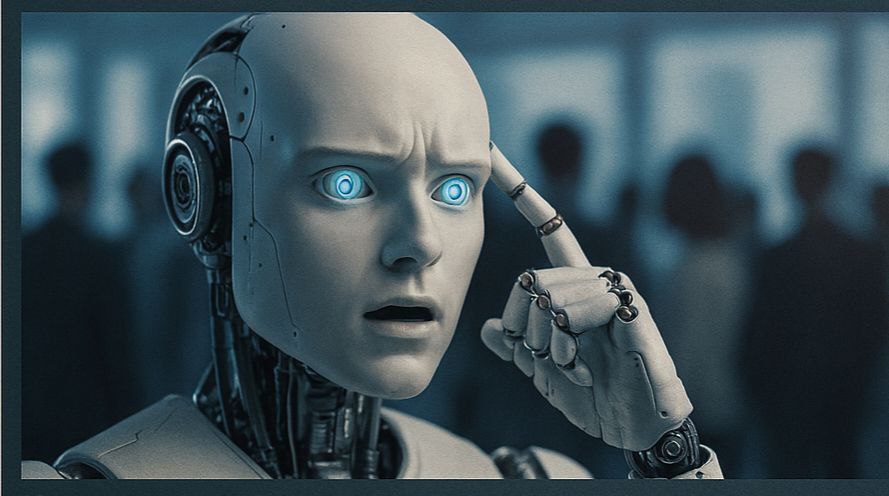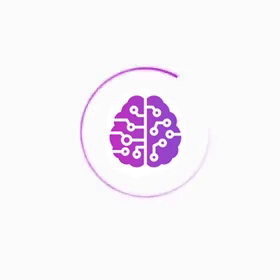
In recent years, artificial intelligence (AI) has been advancing at an incredible pace, and it has now reached an important milestone: it passed the Turing Test with an impressive 73% accuracy. This event marks a new stage in technological development and is attracting the attention of scientists, developers, and society as a whole.
What is the Turing Test?
The Turing Test was proposed by Alan Turing in 1950 and became a foundational method for evaluating a machine’s ability to demonstrate intelligent behavior indistinguishable from that of a human. In the classic version of the test, a human evaluator interacts with both a machine and another human without knowing which is which. If the evaluator cannot reliably tell them apart, the test is considered successfully passed.
A Record-Breaking Achievement for Artificial Intelligence
Modern AI systems have reached a level where they can demonstrate behavior nearly indistinguishable from human behavior in 73% of interactions. This means that in a significant number of cases, experts could not definitively determine whether they were communicating with a human or a machine.
Impact on Society and Technology
Such progress in the field of AI sparks a wide range of discussions. On the one hand, it opens up new opportunities for automation and improving quality of life. On the other hand, it raises important questions about ethics, privacy, and security. How can we ensure that AI is used for the benefit of society and does not cause harm?
The Future of Artificial Intelligence
Despite these impressive achievements, experts emphasize that AI is still in an active phase of development. Much research lies ahead, aimed at improving algorithms, increasing transparency, and establishing ethical standards for AI usage.
In conclusion, passing the Turing Test with such a high level of accuracy highlights not only the achievements in AI but also the need for a responsible approach to its development and integration into everyday life.
